What Bitcoin does for electricity and Ethereum for video cards, Chia does for hard disks.
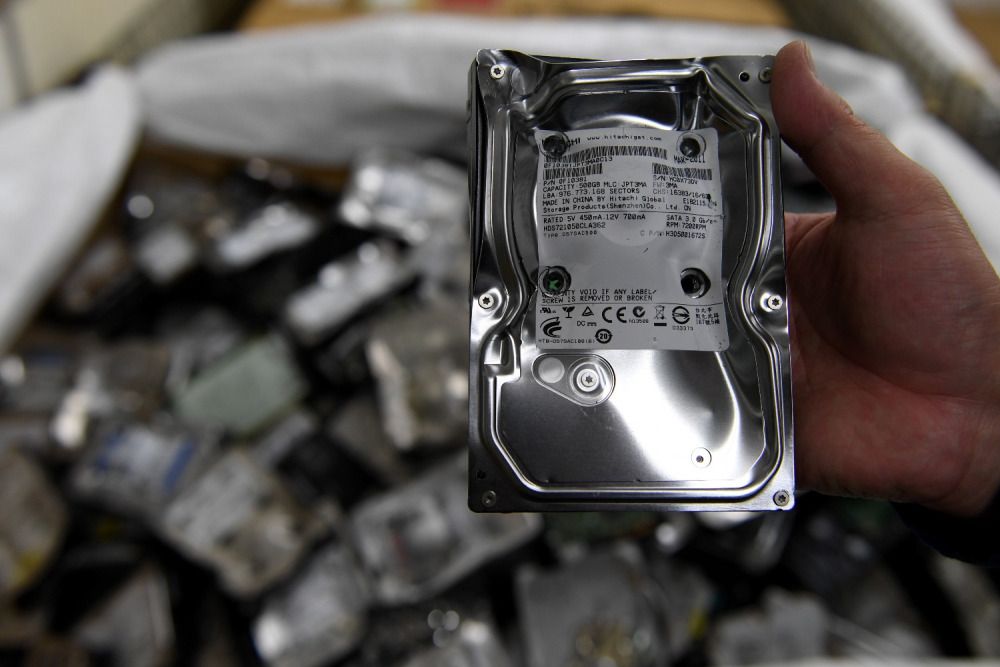

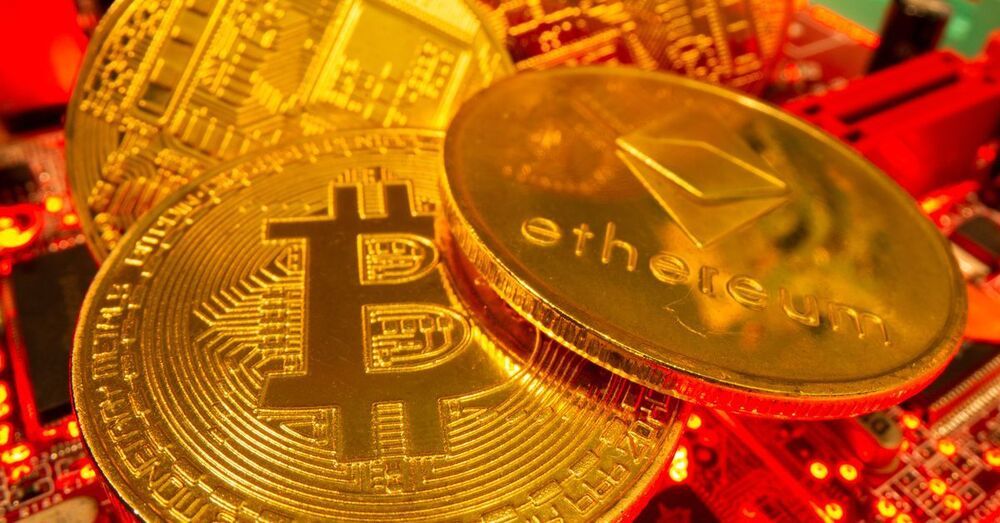
Cryptocurrency mining operators, including a Huobi Mall and BTC.TOP, are suspending their China operations after Beijing stepped up its efforts to crack down on bitcoin mining and trading, sending the digital currency tumbling.
Cryptocurrency miners, including HashCow and BTC.TOP, have halted their China operations after Beijing intensified a crackdown on bitcoin mining and trading, hammering digital currencies amid heightened global regulatory scrutiny of them.
A State Council committee led by Vice Premier Liu He announced the crackdown late on Friday — the first time the council has targeted virtual currency mining, a big business in China that accounts for as much as 70% of the world’s crypto supply. read more
Huobi Mall, part of cryptocurrency exchange Huobi, said in a statement on Monday that it has suspended crypto-mining services to mainland Chinese clients, and will focus on overseas businesses.

Cryptocurrencies like Bitcoin have been billed as a major disruptor to finance. But digital currencies issued by governments might be even more radical—they may even threaten the future of traditional banking.
Read our special report, “The Future of Banking” : https://econ.st/3tuTT8y.
Sign up to our newsletter to keep up to date: https://econ.st/3a6aZmv.
Read more of our coverage on Finance & Economics: https://econ.st/3b0g3cs.
Listen to Economist’s podcast “Money Talks: the age of free money”: https://econ.st/3eUduK3
Is digital yuan set to transform both Chinese and international banking? https://econ.st/3eYqcYb.
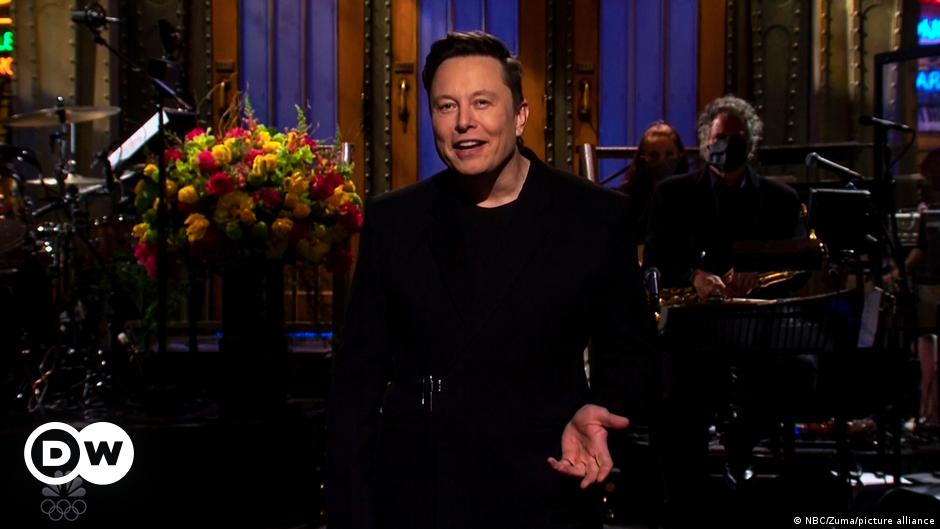
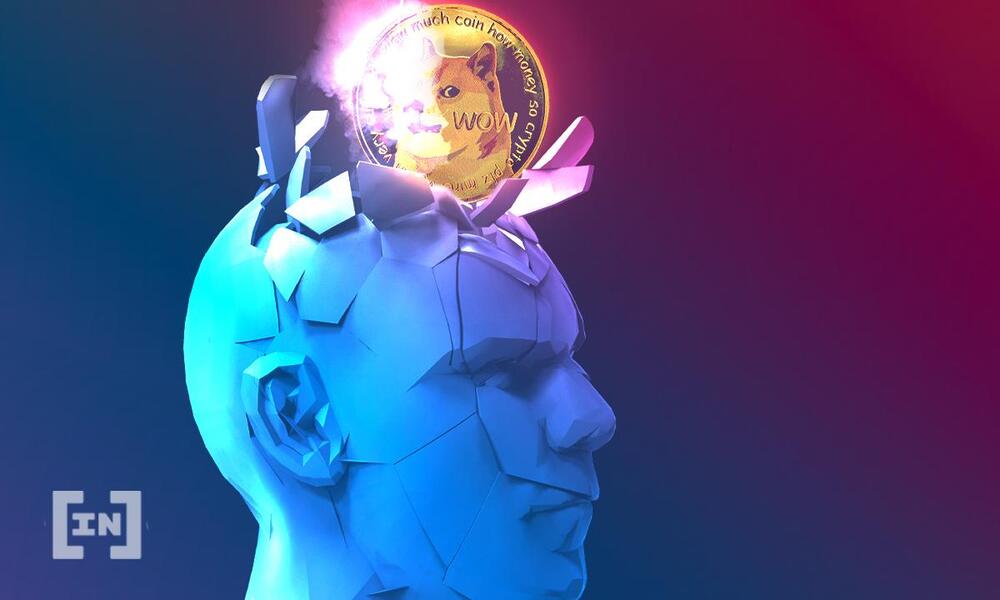
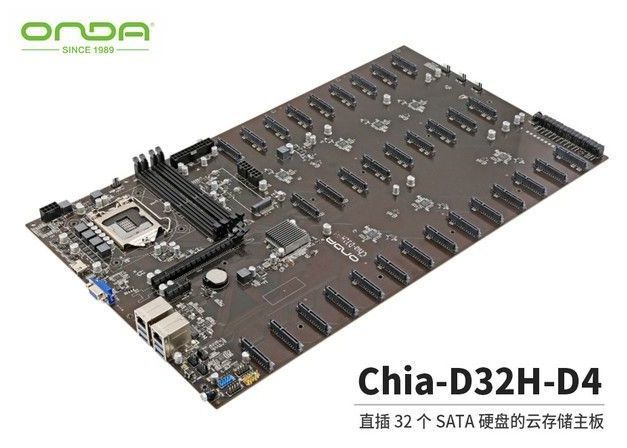
Let the farming games begin.
Chinese motherboard manufacturer Onda (via ZOL) has launched the brand’s new Chia-D32H-D4 motherboard. The model name alone is enough to tell you that this motherboard is aimed at farming Chia cryptocurrency, which has already caused hard drive price spikes in Asia.
Designed for mining, rather than to compete with the best motherboards for gaming, the Chia-D32H-D4 is most likely a rebranded version of Onda’s existing B365 D32-D4 motherboard. It measures 530 × 310mm, so the Chia-D32H-D4 isn’t your typical motherboard. In fact, Onda has produced a special case with an included power supply for this specific model. The unspecified 800W power supply arrives with the 80Plus Gold certification, while the case features five cooling fans.

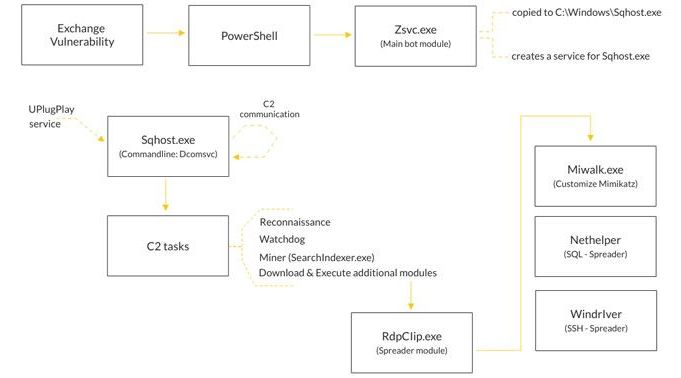
Attackers are exploiting the ProxyLogon Microsoft Exchange Server flaws to co-opt vulnerable machines to a cryptocurrency botnet named Prometei, according to new research.
“Prometei exploits the recently disclosed Microsoft Exchange vulnerabilities associated with the HAFNIUM attacks to penetrate the network for malware deployment, credential harvesting and more,” Boston-based cybersecurity firm Cybereason said in an analysis summarizing its findings.
First documented by Cisco Talos in July 2020, Prometei is a multi-modular botnet, with the actor behind the operation employing a wide range of specially-crafted tools and known exploits such as EternalBlue and BlueKeep to harvest credentials, laterally propagate across the network and “increase the amount of systems participating in its Monero-mining pool.”

DAYTONA BEACH, Fla. — An anonymous donor has made it easier for dogs at the Halifax Humane Society to find a forever home thanks to a cryptocurrency investment.
Halifax Humane Society Community Outreach Director Barry Kukes said the woman stopped by the shelter Saturday and paid all the adoption fees for dogs ready to be adopted out.
“Basically, had made a very wise investment in some cryptocurrency and had a windfall and said it changed her life that she wanted to do something nice,” he said.